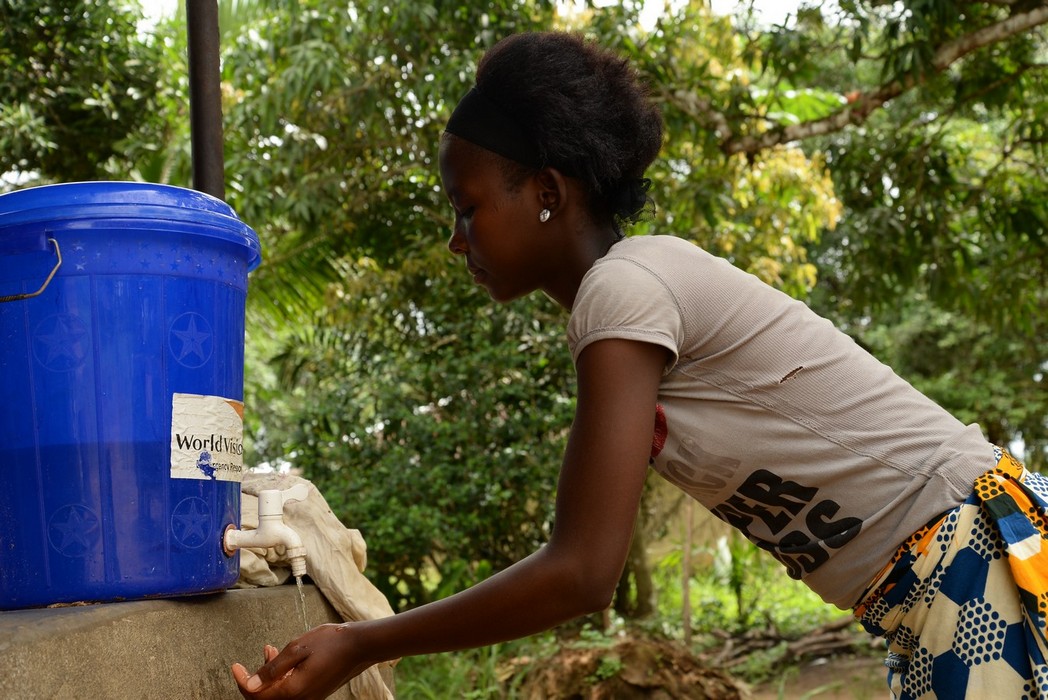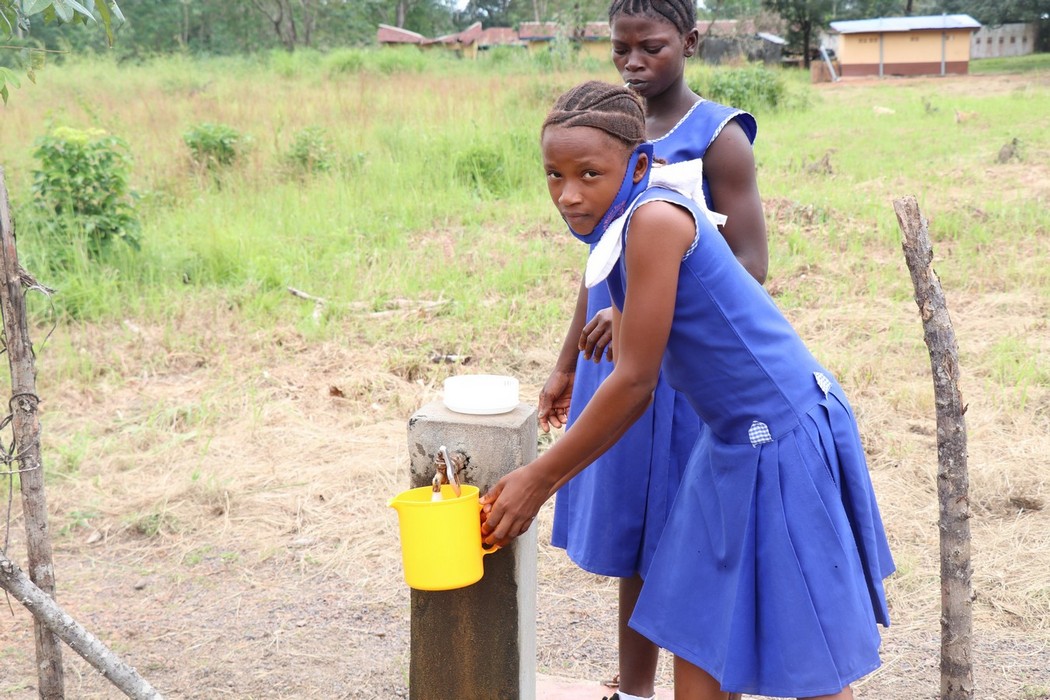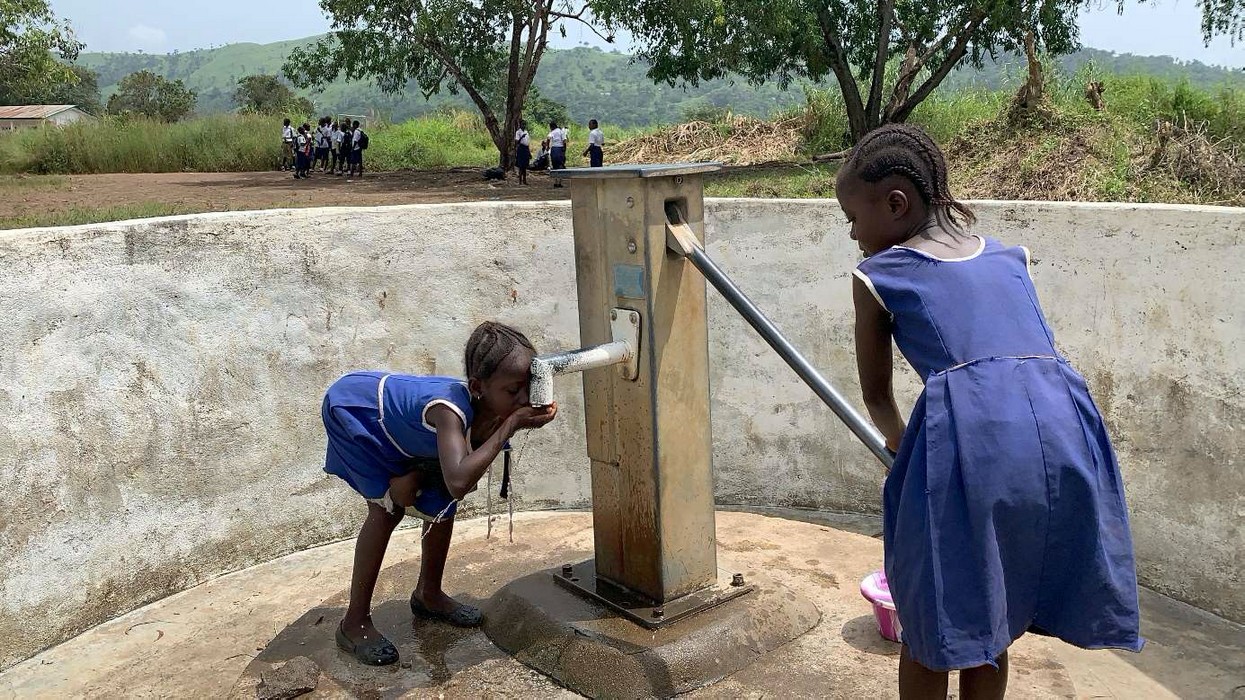Southern and Eastern regions of the country, districts of Bo, Pujehun, Bonthe and Kono, Sierra Leone
In collaboration with

June 2022 – May 2023
Rehabilitation of water points that supply schools and existing latrine structures through community participation and training in maintenance and hygiene for students at all levels. Construction of safe sanitation facilities for girls and teachers.
Objectives
- To improve access to sustainable water, sanitation and hygiene services in the ten educational centres.
- To achieve that, girls and teachers, including those with a disability, can carry out their menstrual hygiene privately and dignifiedly.
Beneficiaries
6,014 direct
Teachers, students, and support staff from 10 schools (2,455 women and 5,890 boys and girls under 15.
36,000 indirect
12,420 women and 20,216 boys and girls under 15. They include the school communities, as well as local partners and grassroots structures in the communities.
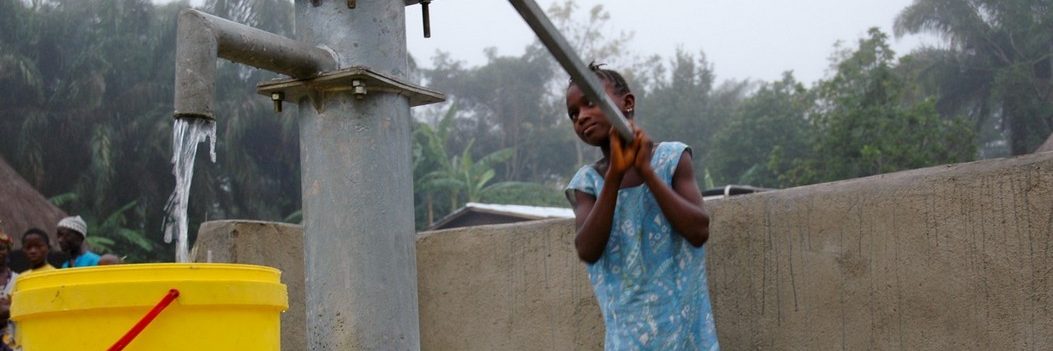
On the ground
Diseases due to lack of safe sanitation. School absenteeism, especially among girls who have a high dropout rate.
Children who go to school in Sierra Leone have great difficulty accessing proper sanitation. This severely damages their health, as it causes dysentery, cholera, and other diseases. The problem is more severe in rural areas due to deficient water supply systems, inadequate sanitation, and little knowledge about hygiene practices. With the covid-19 pandemic, these needs for schoolchildren became even more evident, such as adequate hand washing.
Illnesses force students to miss classes. Girls are the most affected by these conditions, totally inadequate to take care of their hygiene during menstruation, which is the cause of learning with significant gender inequality. In many cases, the girls drop out of school forever.
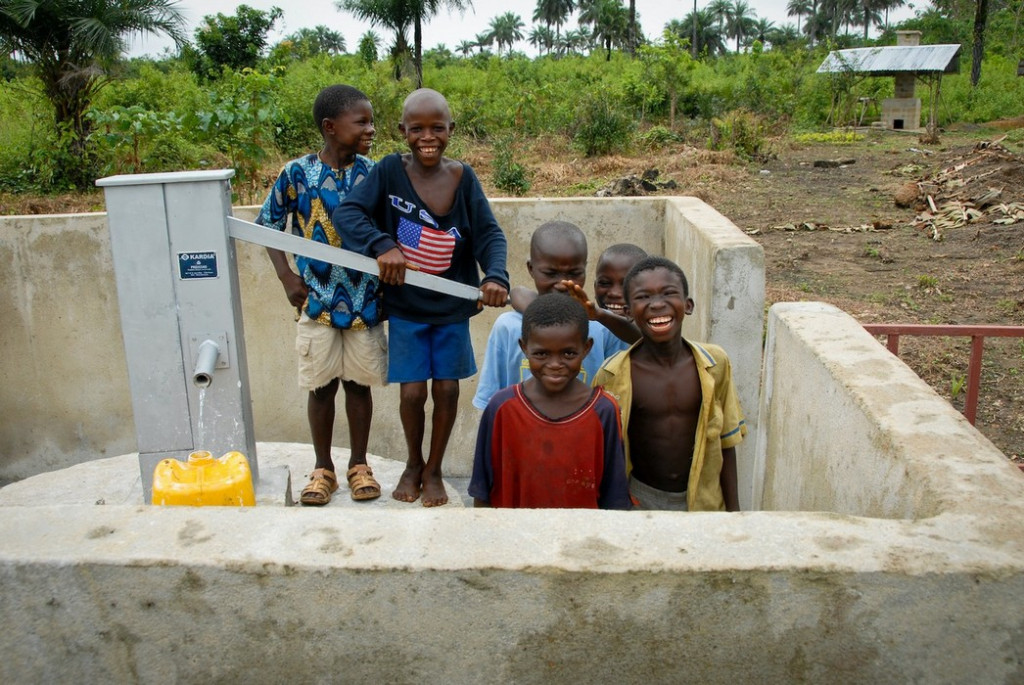
In detail
The project will focus on ten schools in the Kono (four schools), Bo (two schools), Bonthe (two schools), and Pujehun (two schools) districts.
The action will be based on:
- To rehabilitate five water points that supply schools and the five existing latrine structures.
- To build handwashing facilities in all ten schools.
- To provide them with solid waste containers for proper management.
- To train the school management committee in preventive maintenance of water and sanitation facilities.
- To train and sensitizestudents through 10 school health clubs on hygiene promotion. We will use improved learning methods so that schoolchildren develop their knowledge, adopt healthy attitudes, and know how to maintain them in their lifestyle, particularly regarding water, sanitation, and hygiene.
Sustainability perspectives
The basis of the project’s sustainability is community participation and training processes at all levels. To this end, district, school, and community authorities will be involved to accompany and support them so that development continues when the intervention ends. In addition, we will also seek the engagement of all beneficiaries (direct and indirect), stakeholders, and local partners to ensure sustainability and ownership of the project.
This also allows communities to have the ability to identify their needs and, with the appropriate support, seek the best solutions through different actors or donors.
At the school level, health clubs allow hygiene practices to be replicated and maintained at the community level and, through specific awareness campaigns (cleaning days and community training, resource management), increase the sustainability of infrastructures.
On the other hand, the school authorities have the budgetary commitment to support the communities for the correct operation and maintenance of the rehabilitated systems to ensure their sustainability and thus invest the surplus resources in replicating the project in other schools and communities that may need it.


